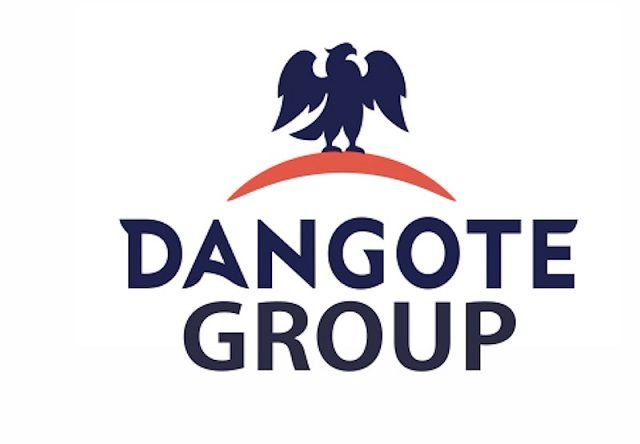Apply Now For Dangote Academy Graduate Engineering Training Program
The Dangote Academy Graduate Engineering Training Scheme is a pivotal initiative dedicated to nurturing and developing young engineering talent across Africa.
Established by the Dangote Group, one of the continent’s largest conglomerates with interests in industries such as cement, sugar, and salt, the academy represents the group’s commitment to fostering a sustainable future through education and skill development.
The primary goal of the Graduate Engineering Training Scheme is to address the critical shortage of skilled engineers in various sectors. This comprehensive training program is designed to impart technical knowledge, cultivate leadership qualities, and provide a deep understanding of industry dynamics.
By equipping graduates with these essential skills, the scheme aims to empower them to contribute effectively to the growth and development of the industries where they will be employed.
READ ALSO: UNB Scholarships 2024: Fully Funded Opportunities – Apply Today!
The academy operates with a vision to harness local talent, ensuring that young engineers are well-trained and well-prepared to tackle the unique challenges of the African business landscape. Through partnerships with leading educational institutions and industry experts, the academy offers a blend of theoretical learning and practical experience.
This holistic approach not only enhances technical proficiency but also fosters innovation and problem-solving capabilities among participants.
Strategically
The Dangote Academy is tasked with ensuring business continuity by sourcing and training “plant-ready” personnel for the Dangote Group. The academy is set to commence the admission process to engage new candidates for the 2025/26 vocational internship/training programs.
The targeted group for the Dangote Academy Graduate Engineering Training Scheme comprises graduates of engineering from Nigerian universities and polytechnics. These individuals must have graduated with excellent performances and completed their NYSC service by December 2024.
They should be ready for engagement by January 2025 with any of the Dangote business units. Additionally, these candidates should be aged twenty-eight years or younger at the time of applying and have graduated with a First Class or Second-Class Upper Division (2:1) from universities, or Distinction or Upper Credit from polytechnics.
The scheme targets several engineering fields, including:
- Mechanical Engineering: Focused on the design, analysis, and manufacturing of mechanical systems, this discipline plays a crucial role in the development and maintenance of machinery and equipment.
- Electrical Engineering: This field covers the study and application of electricity, electronics, and electromagnetism, essential for the development of electrical systems and devices.
- Involving the design and implementation of automated systems, this discipline is critical for improving efficiency and productivity in various industries.
- Chemical Engineering: This branch deals with the production and manufacturing of chemicals, fuels, drugs, and other products through chemical processes.
- Mining Engineering: Focused on the extraction of minerals from the earth, this field is vital for the resource-based industries and infrastructure development.
- Automotive Engineering: This area involves the design, development, and production of vehicles, addressing the growing needs of the automotive industry.
- Production Engineering: This discipline is concerned with the efficient and effective manufacturing processes, ensuring that production systems are optimized for quality and cost-efficiency.
- Food Engineering Technology: This field applies engineering principles to the processing, packaging, and distribution of food products, ensuring safety and quality in the food industry.
By targeting these specific engineering fields, the Dangote Academy Graduate Engineering Training Scheme aims to develop a pool of highly skilled professionals who can drive innovation and excellence in their respective industries.
Through rigorous training and hands-on experience, the scheme prepares graduates to meet the demands of the modern workforce, contributing to the economic development and industrial growth of Africa.
SEE ALSO:The Impact of AI and Automation on Modern Industries










